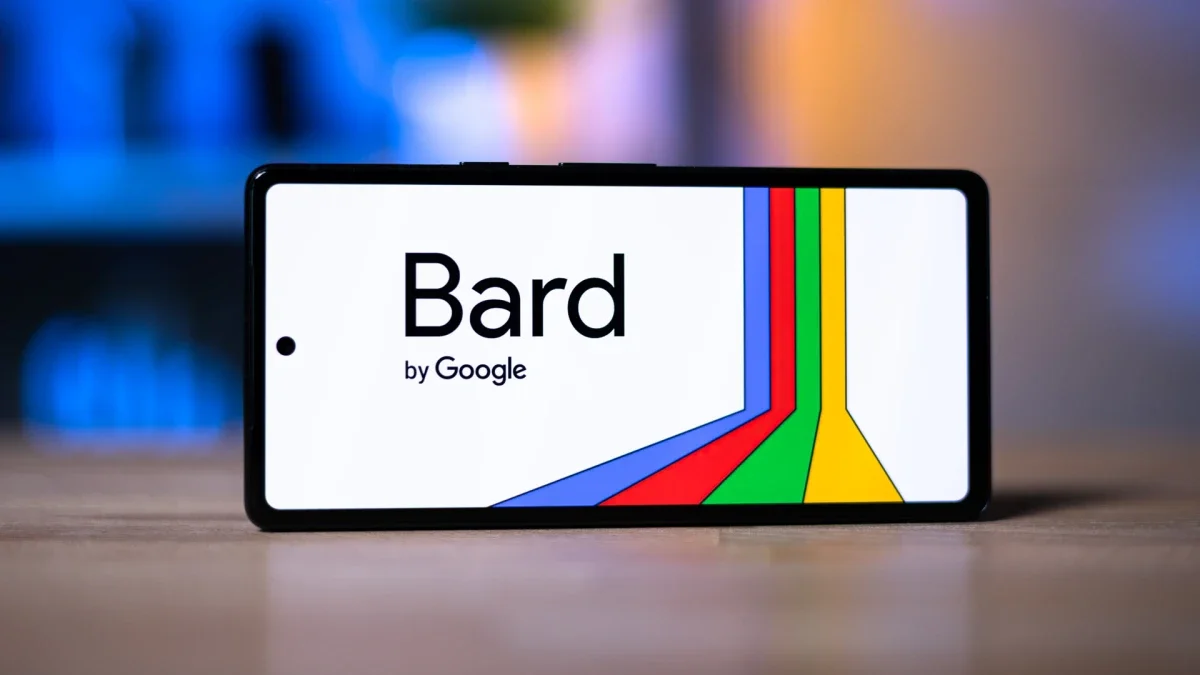Scammers use fake links to Google's chatbot Bard to steal login data and financial info

Google announced today in a blog post that it is suing a trio of scammers referred to as "DOES 1-3" in the lawsuit. The suit alleges that the three firms put up social media sites that supposedly contained links to downloads of Google's AI chatbot Bard. Instead of Bard, the downloads actually contained malware that was designed to steal victims' login information. In the suit, Google says that the scammers tried to steal the financial information belonging to small businesses and advertisers.
The trial is being heard in the United States District Court for the Northern District of California, San Jose Division. Google's complaint alleges trademark infringement because the scammers used Google's logos in the scam. Google also asked the court for a permanent injunction preventing the defendants from continuing to offer the fake Bard download. And Google wants the scammers to pay damages including the money they made perpetrating the scam.
In the blog post, Google's General Counsel Halimah DeLaine Prado wrote, "As public excitement in new generative AI tools has increased, scammers are increasingly taking advantage of unsuspecting users. We are seeking an order to stop the scammers from setting up domains like these and allow us to have them disabled with US domain registrars. If this is successful, it will serve as a deterrent and provide a clear mechanism for preventing similar scams in the future."

Google has two lawsuits going attempting to stop scammers from hurting small businesses and others
Prado added, "Keeping you safe online is core to our business. Every day, Gmail blocks over 100 million phishing attempts, Safe Browsing protects over 5 billion devices, and Google Play scans over 100 billion apps. For the latest scams, lawsuits are an effective tool for establishing a legal precedent, disrupting the tools used by scammers, and raising the consequences for bad actors. And over the years, we’ve proactively pursued litigation to stop scammers who exploit the vulnerable, trick small businesses, and attempt to extort our users."
A second lawsuit mentioned in the blog post is related to "bad actors," as Google calls them, using fake copyright takedowns to harm competitors. This was done by abusing the Digital Millennium Copyright Act (DMCA) which protects copyright holders while still allowing innovation online. The bad actors' fake copyright claims resulted in the takedown of more than 100,000 business websites "costing them millions of dollars and thousands of hours in lost employee time."
Google's Prado wrote, "Today’s actions are part of our ongoing legal strategy to protect consumers and small businesses and establish needed legal precedents in emerging fields of innovation. Clear rules against frauds, scams, and harassment are important — no matter how novel the setting — and we're committed to doing our part to protect the people who use the internet from abuse."
Follow us on Google News














Things that are NOT allowed:
To help keep our community safe and free from spam, we apply temporary limits to newly created accounts: